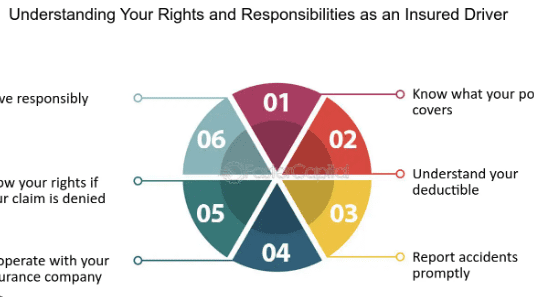The Rising Importance of Cyber Insurance in Today’s Digital World

In today’s increasingly digital world, the importance of cyber insurance has risen dramatically. With businesses relying heavily on digital infrastructure and data, the risks associated with cyber threats have become more prevalent and sophisticated. Cyber insurance, also known as cyber liability insurance or cyber risk insurance, provides protection against various cyber risks and helps mitigate the financial impact of cyber incidents. Here’s why cyber insurance is becoming increasingly important: Rising Cyber Threats: Cyber threats such as data breaches,
ransomware attacks, phishing scams, and malware are on the rise. These threats can lead to significant financial losses, reputational damage, and legal liabilities for businesses. Cyber insurance helps organizations manage these risks by providing coverage for costs associated with data breaches, including forensic investigations, legal fees, and customer notification. Regulatory Compliance: Governments around the world are implementing stricter data protection regulations, such as the GDPR (General Data Protection Regulation) in the European Union and the
CCPA (California Consumer Privacy Act) in California. Non-compliance with these regulations can result in hefty fines and penalties. Cyber insurance often includes coverage for regulatory fines and penalties incurred as a result of a data breach, helping businesses comply with legal requirements. Cost of Data Breaches: The cost of data breaches continues to escalate, with a single breach potentially costing millions of dollars in damages. Cyber insurance helps offset these costs by covering expenses such as forensic investigations, credit monitoring services for affected individuals, legal fees, and settlements with affected parties. Business Interruption: Cyber attacks can disrupt
business operations, leading to downtime, loss of revenue, and additional expenses to restore systems and services. Cyber insurance typically provides coverage for business interruption losses, helping businesses recover financially from the impact of cyber incidents. Reputation Management: A cyber attack can damage a company’s reputation and erode customer trust. Cyber insurance often includes coverage for public relations and crisis management expenses to help businesses mitigate reputational damage and rebuild trust with customers and stakeholders. Third-Party
Liability: Businesses can be held liable for damages resulting from a cyber incident, such as the exposure of sensitive customer information. Cyber insurance typically includes coverage for third-party liabilities, including legal defense costs and settlements arising from lawsuits filed by affected parties. Vendor Requirements: Many businesses, especially those that work with sensitive data or large corporations, require their vendors and partners to have cyber insurance as part of their risk management strategy. Having cyber insurance in place can help businesses win contracts and partnerships by demonstrating their commitment to cybersecurity and risk mitigation. In summary,
cyber insurance plays a crucial role in helping businesses manage the financial and reputational risks associated with cyber threats in today’s digital world. As cyber attacks continue to evolve in complexity and frequency, investing in comprehensive cyber insurance coverage is essential for businesses of all sizes and industries.



